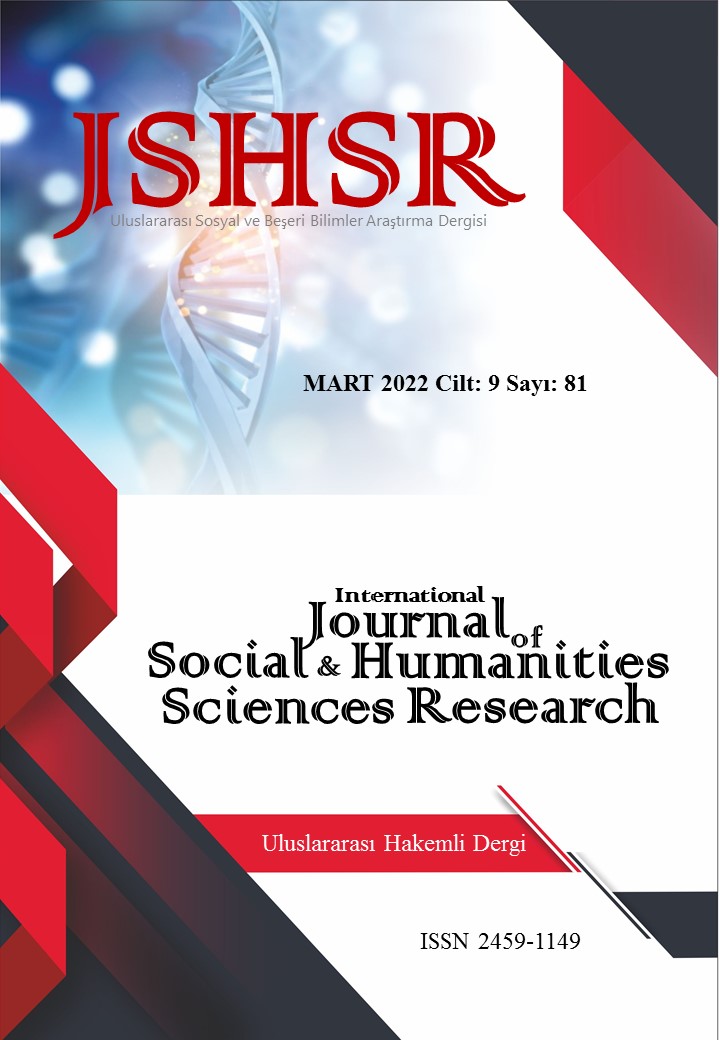COMPARISON OF THE PERCEPTIONS OF ORGANIZATIONAL CLIMATE, ORGANIZATIONAL COMMITMENT AND SOCIAL LOYALTY PERCEPTIONS OF PUBLIC SECTOR EMPLOYEES IN TURKEY AND AZERBAIJAN
DOI:
https://doi.org/10.26450/jshsr.2973Keywords:
Republic of Turkey, Republic of Azerbaijan, Organizational Commitment, Social Loafing, Organizational ClimateAbstract
Organizational commitment positively affects the organizational climate. One of the factors that negatively affect the organizational climate is social loafing. Individuals tend to engage in social loafing consciously or unconsciously when working in groups. Social loafing is generally seen as “process loss” (Steiner, 1972:123). Karau and Williams (1993:55) state that social loafing occurs because individuals expect their efforts to be less likely to lead to the desired result. They argue that the motivation for effort depends on the extent to which a person expects to achieve desired results. Social loafing by team members may cause other team members to reduce their input as well, or it may have the opposite effect, with other members paying social compensation to replace the loafing members. In this study, organizational climate perception, organizational commitment and social loafing behaviors of employees in organizations operating in two different countries, Azerbaijan and Turkey, are examined by comparing them. The aim of this study is to reveal the organizational climate, organizational commitment and social loafing perceptions of public sector employees in Azerbaijan and Turkey, which are two countries with cultural differences and similarities. Although they seem like two cultures close to each other, it is important to determine the differences in terms of their living and working disciplines. Azerbaijan and Turkey are two countries that are in frequent cooperation in the global economy and have historical and economic ties with each other. It is thought that this study, which will introduce the attitudes and behaviors of these two countries towards their employees, with their similarities or differences, will benefit the organizational management of both cultures in practice.
Downloads
Published
How to Cite
Issue
Section
License
Copyright (c) 2022 INTERNATIONAL JOURNAL OF SOCIAL HUMANITIES SCIENCES RESEARCH

This work is licensed under a Creative Commons Attribution 4.0 International License.


